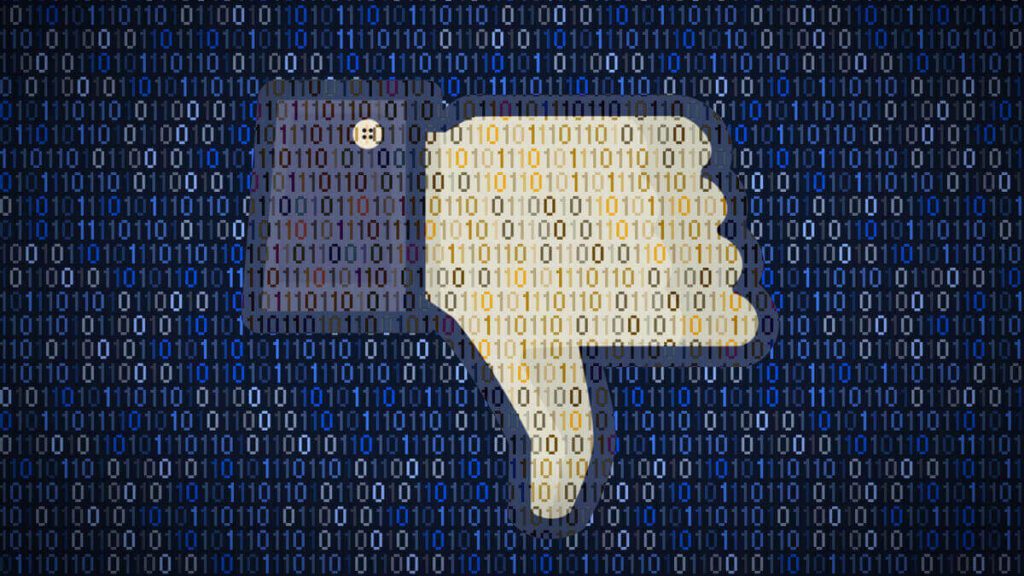Facebook vs. NYU academics: Who’s in the wrong?

A new controversy is looming over Facebook, as it’s involving academic researchers over their use of unauthorized data from the platform.
The multinational tech company suspended the accounts of academics from New York University’s Ad Observatory Project on Tuesday due to privacy concerns.
Facebook product management director Mike Clark explained the reason behind the unprecedented move, citing that the accounts from the project were disabled “to stop unauthorized scraping and protect people’s privacy in line with our privacy program.”
Yes, you read that right.
The social networking giant that has previously come under fire for breaching user’s privacy, and misusing data on multiple occasions, is accusing a group of academics of the same misconduct.
This situation may be just as ironic as witnessing a traffic cop getting his license suspended because of unpaid parking tickets.
Laura Edelson, one of the researchers who were suspended by Facebook took to Twitter to express her frustration at the company, justifying the work of NYU’s ad observatory project through a series of tweets.
“The work our team does to make data about disinformation on Facebook transparent is vital to a healthy internet and a healthy democracy,” Edelson said.
The academics put forth their argument against Facebook, accusing the company of silencing them for exposing problems on the platform.
“By suspending our accounts, Facebook has tried to shut down all this work. Facebook has also effectively cut off access to more than two dozen other researchers and journalists who get access to Facebook data through our project, including our work measuring vaccine misinformation,” Edelson added.
The California-based tech giant claims that they’re acting upon the agreement reached with the Federal Trade Commission (FTC) in 2019, which requires a delicate approach to privacy from the corporate board-level down. The agreement also ensures Facebook executives are held accountable for the decisions they make regarding user’s privacy.
The agreement was made after Facebook faced a $5 billion penalty after the social networking site deceived users of their ability to control the privacy of their personal information.
The famous case includes London-based data mining firm Cambridge Analytica who inappropriately gathered user data from more than 87 million people. Facebook, on the other hand, failed to confirm that the company deleted the data as promised.
Mark Warner, American democrat senator and chair of the Senate Select Committee on Intelligence described Facebook’s actions against the academics as “deeply concerning.” Warner described Facebook’s initiative as a step backward.
“This latest action by Facebook to cut off an outside group’s transparency efforts, efforts that have repeatedly facilitated revelations of ads violating Facebook’s terms of service, ads for frauds and predatory financial schemes, and political ads that were improperly omitted from Facebook’s lackluster Ad Library is deeply concerning,” Warner said in a statement.
Regardless of both sides, one thing worth mentioning is that the Cambridge Analytica controversy was made possible after Facebook did not practice correct supervision over how personal data could be obtained from its large site.
Observing both arguments from a surface level, it becomes easy to understand why Facebook is extra cautious of third parties collecting data from its platform. However, suspending the academics permanently off the site isn’t as easy to digest, as it raises questions over the extremity of the action.
